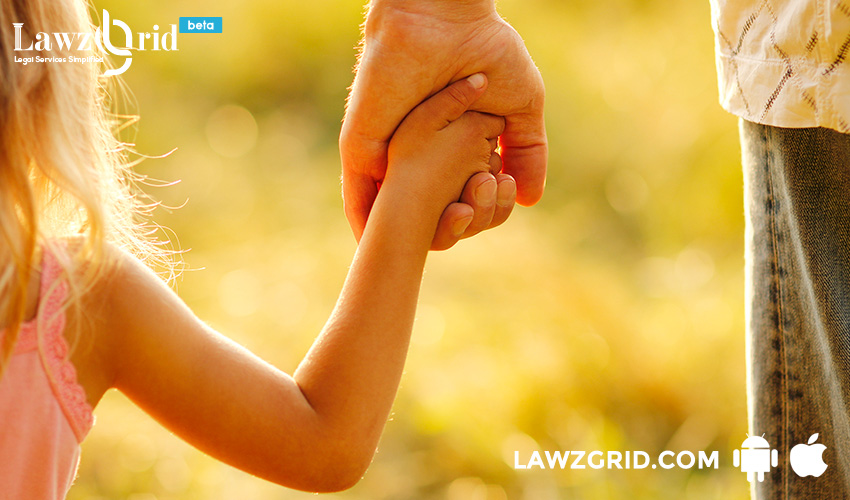
Judiciary has a complex functioning and deals with multiple issues everyday owing to the need of delivering justice. The dispute with regards to child custody is witnessed in almost all courts. The issue of child custody is considered to be highly sensitive and emotional at the same time.
The term child custody in simple terminology means allotting a person a right to care, control and maintain a child. The issue of child custody is mostly witnessed in divorce cases wherein the parent who gets the custody of the child keeps the child under his care and guidance. The top divorce lawyers in Delhi while dealing with child custody cases lay great emphasis on the personal laws along with the legislations available
Laws governing the custody of a child vary according to the religion followed by the parents of the child since the child custody laws in India are governed by the personal laws. Although a uniform legislation namely the Guardian and Wards, Act 1890 is in force still personal laws have a huge impact while determining child custody cases.
Hinduism as a religion does not recognise the concept of child custody as the religion \considers that the father of the child has to look after his child and the welfare of his child. Hindu religion also specifies that after the death of the father, mother of the child has to be given the custody of the child. Best divorce lawyers while arguing on the issue of the custody of a Hindu child although follow the intricacies of the personal law but at the same time also harmonise the personal law with the laws made by the parliament.
Although the personal law has set the law for child custody but the same is not applied in entirety due to the changing and developing times. The laws which govern the child custody cases among Hindus are:
- Guardian and Wards Act, 1890
- Hindu Minority and Guardianship Act, 1956
The first question that is asked while addressing the issue of child custody is that who is entitle to get the custody of the child and who cannot get the custody of the child. The abovementioned laws have simplified this complex area and lays down the person entitled to the custody of a child along with the circumstances.
According to the Hindu Minority and Guardianship Act, 1956 following persons have a right to the custody of a child.
When custody lies with mother of a child:
- Custody of a child will lie with the mother of the child when a child is below 5 years in age because up to this age only the mother of the child can give the child proper support physically as well as emotionally.
- Mother of a child will also get the custody of the child when it’s a boy or an unmarried girl below the age of 18 years and above the age of 5 years after the death of the father of the child or if the father of the child is dead. However, if the father of the child is alive then he is considered as a natural guardian.
- When a child is illegitimate then the custody of a child rests with the mother.
When custody lies with a third person:
- When the parents of a child are not willing to take the custody of the child or the situation is such that the court thinks that for the benefit of the child it would be better to keep the child in the custody of a third person then the court may give the custody of a child to a third person. Mostly in such situations, the custody of a child is given to the grandparents of the child either maternal or paternal grandparents if they are interested.
- When a situation exists that neither the parents of the child nor the relatives of the initiating to take the custody of the child then the court would by itself give the custody of a child to an appropriate person.
Persons not entitled to get the custody of a child
It is to be noted that certain persons are barred from getting the custody of a child in whatsoever situation. The person not entitled to get the custody of a child are:
- A person who has ceased to be Hindu shall not be given the custody of a Hindu child.
- A person who has completely renounced the world shall not be given the custody of a child. However, it is important to note that the person has in real terms emancipated the world and a mere declaration is not sufficient.
- No person shall be given the custody of a child if such a person would not be able to take proper care of the child because of the ill practices followed by such a person.
Source : https://www.lawzgrid.com/legal-blog/blog-details/Child-Custody-Under-Hindu-Law